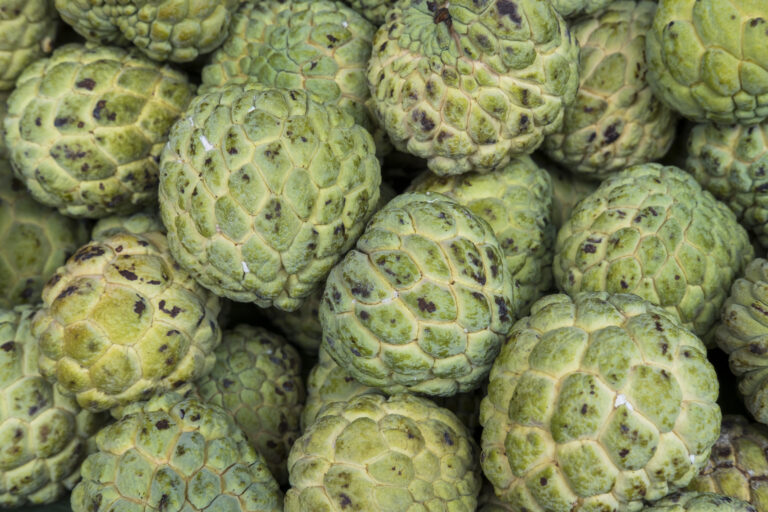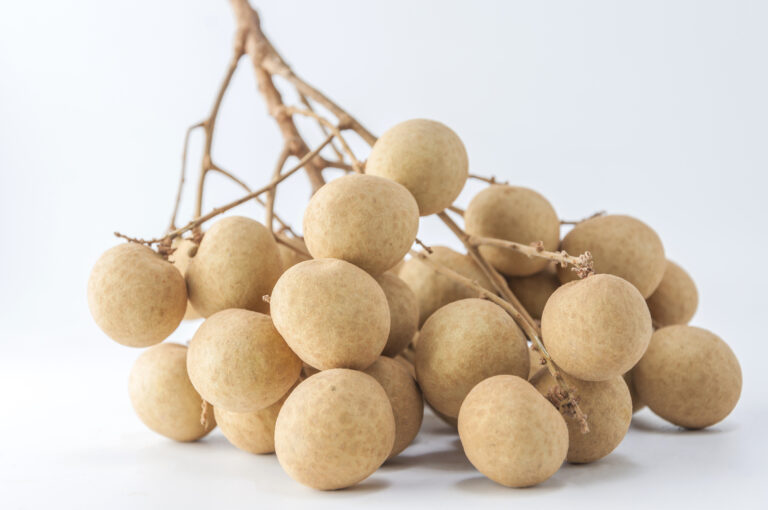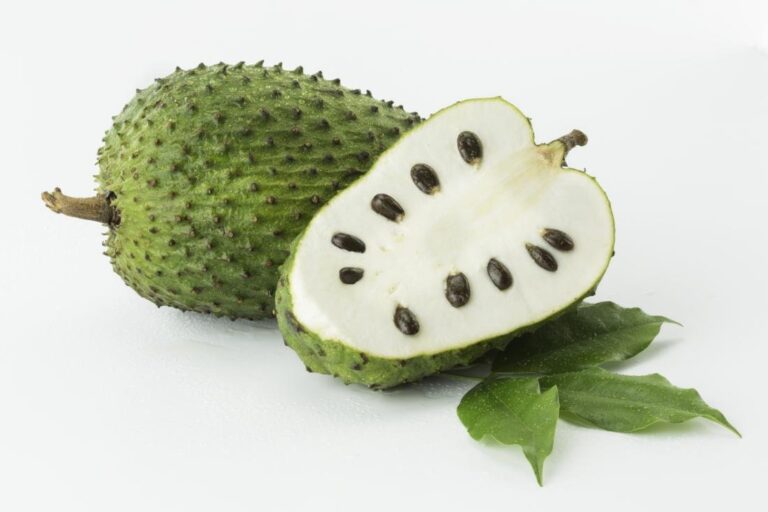Are you aware that your blood type could influence your dietary needs and overall well-being? If you have B Positive blood, you may benefit from understanding the B Positive Blood Type Diet. This personalized approach to nutrition aims to enhance your health, boost your immune system, and promote weight management. In this blog post, we will explore the ins and outs of the B Positive Blood Type Diet, debunk common myths, and provide practical tips for success.

Understanding the B Positive Blood Type
Before diving into the diet details, let’s briefly understand the B Positive blood type. B Positive is one of the variations of the B blood type in the ABO blood group system. It is characterized by specific antigens present on the surface of red blood cells. This uniqueness forms the basis for the B Positive Blood Type Diet.
The Science Behind Blood Type Diets
The concept of blood type diets is based on the idea that different blood types evolved in response to various dietary habits of our ancestors. Proponents of this approach argue that following a diet aligned with your blood type can improve digestion, promote a stronger immune system, and manage your weight more effectively.
Benefits of a B Positive Blood Type Diet
1. Improved Digestion
The B Positive Blood Type Diet emphasizes foods that are easier for individuals with B Positive blood to digest. By consuming compatible foods, you can reduce digestive discomfort and enhance nutrient absorption.
2. Enhanced Immune System
Following the B Positive Blood Type Diet may boost your immune system’s function. By avoiding foods that don’t align well with your blood type, your body can focus on defending against illnesses.
3. Weight Management
The B Positive Blood Type Diet encourages the consumption of whole, nutrient-dense foods while limiting processed items. This approach may aid in weight management and support your overall health goals.
Foods to Embrace on the B-Positive Blood Type Diet
- Lean Proteins: Include lean protein sources such as poultry, fish, and tofu in your diet.
- Leafy Greens and Vegetables: Load up on green leafy vegetables like spinach and kale, as well as other colorful vegetables like broccoli and carrots.
- Whole Grains: Refined grains should be avoided; instead, choose whole grains like quinoa, brown rice, and oats.
- Fruits: Most fruits are deemed suitable for the B Positive Blood Type Diet, particularly berries, plums, and bananas.
- Healthy Fats: Incorporate healthy fats from sources like avocados and olive oil.

Foods to Avoid on the B-Positive Blood Type Diet
- Dairy Products: Limit or avoid milk, cheese, and other dairy items, as they may not align well with the B Positive blood type.
- Certain Meats: Red meat and processed meats are often discouraged from this diet.
- Wheat-Based Products: Wheat-based products like bread and pasta may not be compatible with the B Positive blood type.
- Highly Processed Foods: Steer clear of highly processed foods with artificial ingredients.

While diet plays a crucial role, exercise is equally important for overall health and well-being. Tailor your exercise routine to suit your interests and energy levels.
Preparing B Positive Blood Type Diet-friendly meals can be simple and enjoyable. Try out several recipes to see which one suits you the best.
Remember that the B Positive Blood Type Diet is not a one-size-fits-all approach, and individual responses may vary. The B Positive Blood Type Diet offers a personalized and potentially impactful way to approach your nutrition. By embracing foods that align with your blood type and making mindful lifestyle choices, you can unlock the secrets to optimal health. Remember that individual responses may vary, so it’s essential to listen to your body and consult with a healthcare professional before making significant dietary changes.
Hope you got the answer to your query. check out our more blog posts and articles by clicking here.














